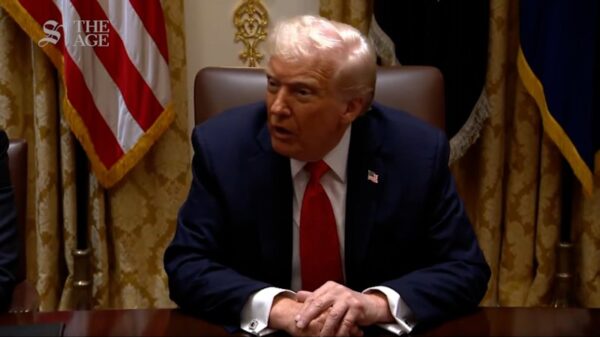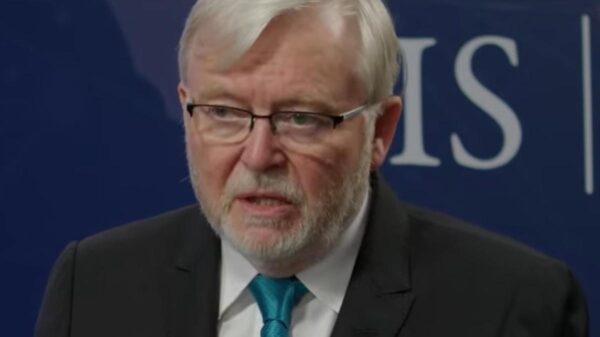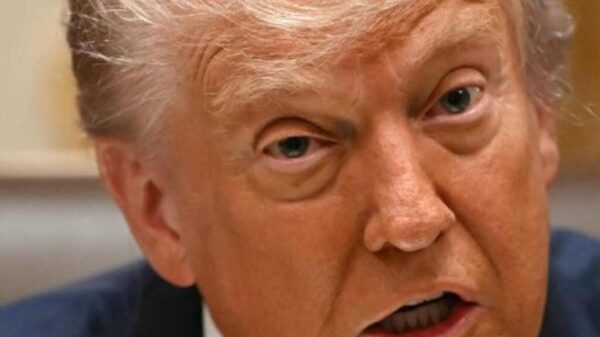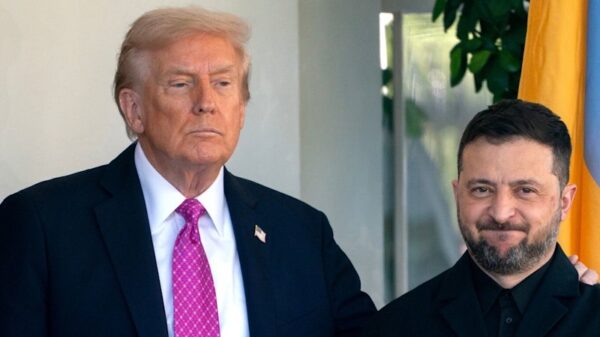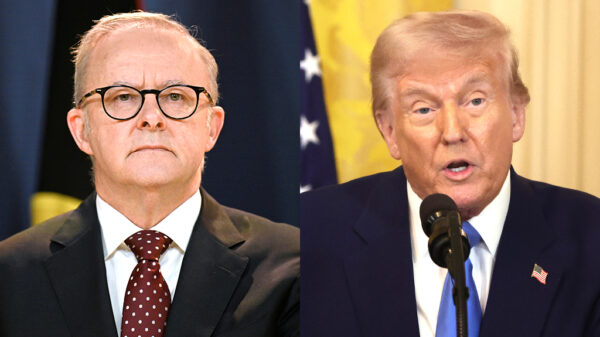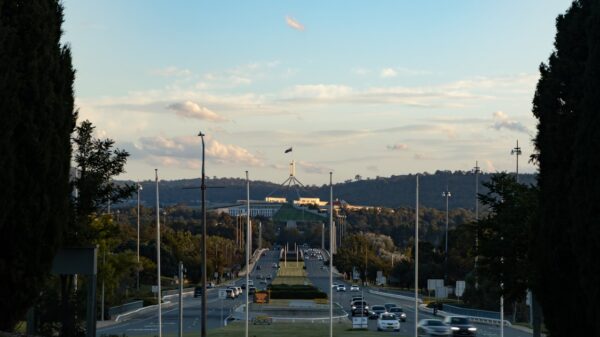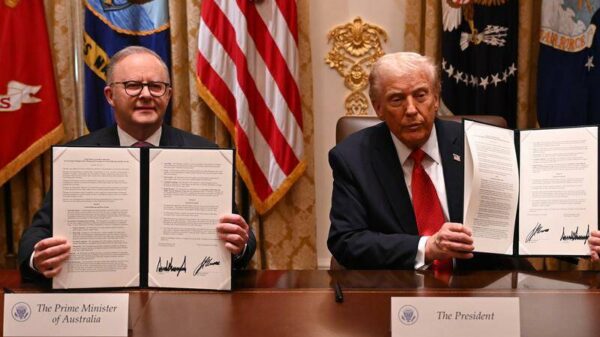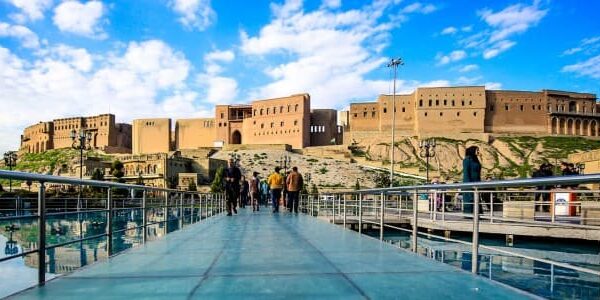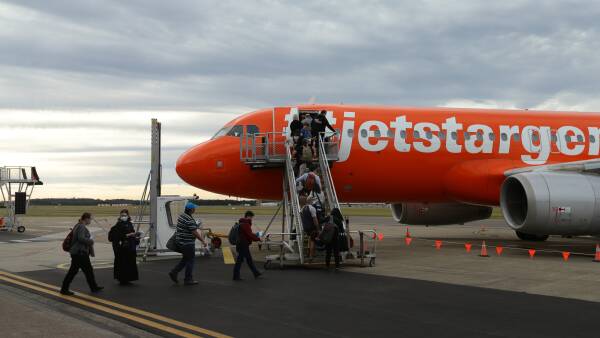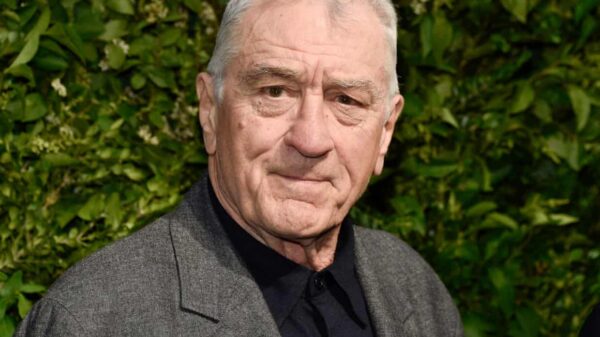During a meeting at the White House on March 5, 2024, Donald Trump openly criticized Kevin Rudd, Australia’s ambassador to the United States, expressing a strong personal dislike for him. This unexpected exchange occurred while Anthony Albanese, the Prime Minister of Australia, was present alongside his delegation. The incident has drawn significant attention due to the direct nature of Trump’s comments.
The confrontation began when Trump was asked if he was “concerned” by Rudd’s past remarks about him. Before assuming his diplomatic role, Rudd had referred to Trump as a “village idiot” and a “traitor to the West.” In response to the query, Trump replied, “I don’t know anything. When you say bad, then maybe he’d like to apologise. I really don’t know.”
Following this, Trump shifted his focus to Albanese, seated next to him, and inquired about Rudd’s comments. “Did the ambassador say something? Don’t tell me,” Trump said, as he began to scan the room for Rudd. Upon locating the ambassador, who was seated directly across from him, Trump confronted him directly.
“You said bad things?” Trump asked, prompting Rudd to respond, “Before I took this position, Mr President.” However, Trump interrupted him, stating emphatically, “I don’t like you and I probably never will.” The remark elicited laughter from the assembled media and a somewhat awkward response from Rudd, who smiled bashfully at the unexpected exchange.
While Trump’s comments may be seen as a reflection of his personality, they also highlight the complexities of diplomatic relations between the United States and Australia. Rudd’s history of criticizing Trump has added a layer of tension, although both nations traditionally maintain strong ties.
This incident illustrates the unpredictable nature of Trump’s interactions with foreign officials, often characterized by a blend of humor and bluntness. As the meeting concluded, the implications of Trump’s remarks remained a topic of discussion among political analysts and observers, who are keen to see how this will affect diplomatic relations moving forward.
The event underscores the importance of personal relations in international diplomacy, a realm where rhetoric can have lasting impacts. As the global landscape continues to evolve, such moments may influence how nations navigate their alliances and address mutual concerns.






